Growing More Than Food: A mother’s nutrition journey
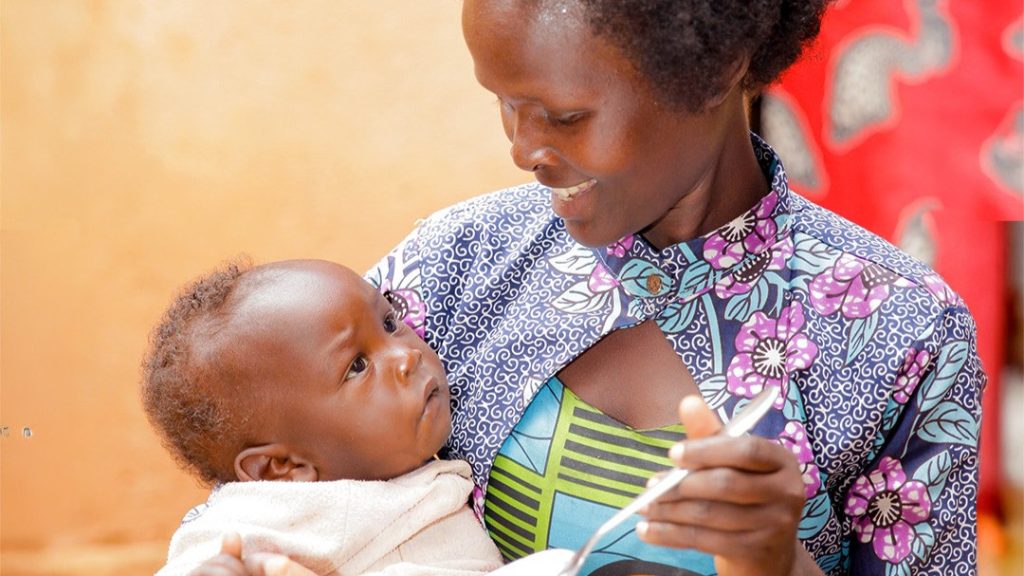
Jacqueline from Gicumbi struggled to provide proper nutrition for her child, believing healthy meals were unaffordable. Through the EU-funded Kungahara project, she learned to grow vegetables, raise chickens, and prepare balanced meals using local resources. This initiative empowered mothers, proving that knowledge—not wealth—can transform family nutrition and community well-being.
Belise’s Journey: From Struggle to Self-Sufficiency with the Kungahara Project
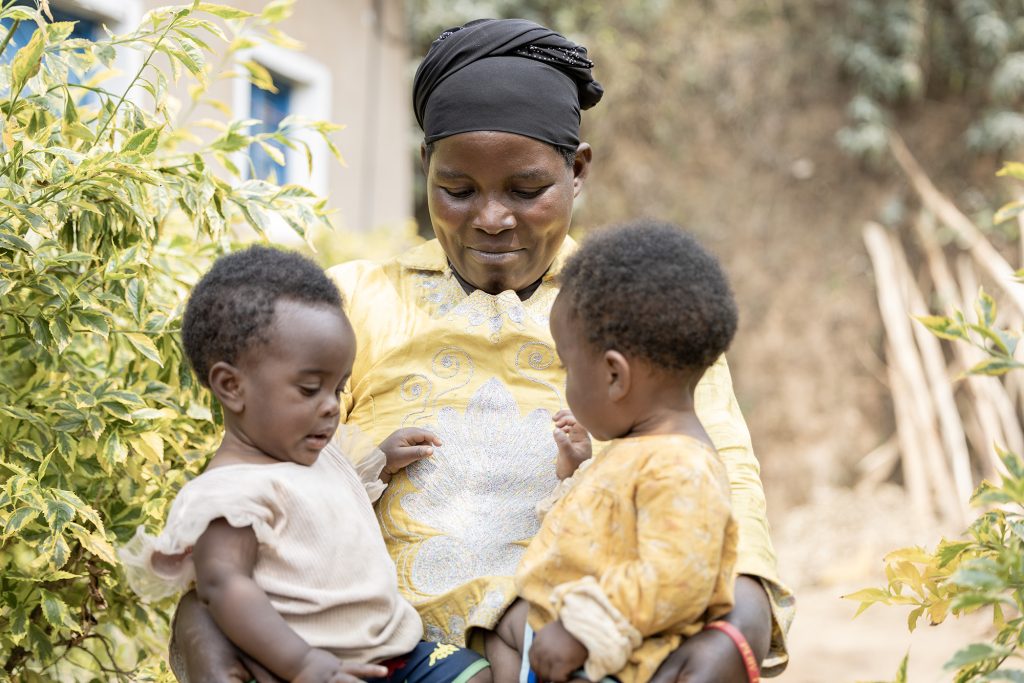
Meet Murekatete Belise, a mother of three children, a young boy and girls twins from Gakenke district, Northern Rwanda. She used to face significant challenges in providing nutritious food for her family, especially her twins who are still at baby age. Trying to address that, she decided to grow a vegetable garden as she knew […]
When Making the Bed Marks the Beginning of a Better Future: Nyandwi and Regina’s Story
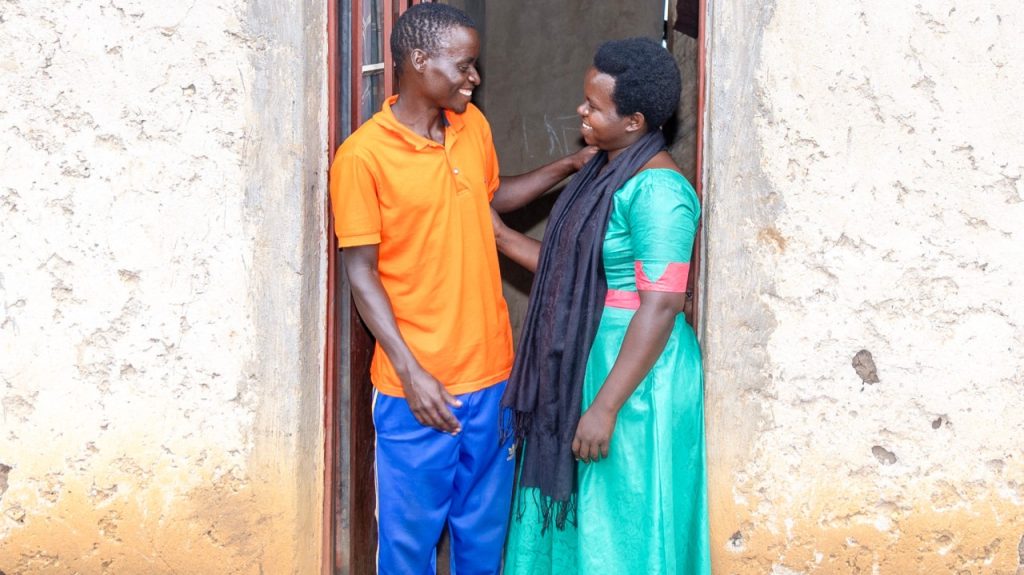
Nyandwi and Regina’s marriage, once marred by conflict and abuse, transformed through the GEAR project’s Journey of Transformation. Nyandwi embraced equality, shared decisions, and supported household chores. Their renewed partnership brought safety, respect, and legal marriage—proving that challenging harmful norms strengthens families and fosters peace in communities.
Empowering Refugees: CARE Rwanda’s Intervention in Mugombwa Refugee Camp

Life in Mugombwa refugee camp meant surviving on a modest monthly allowance with little hope for financial independence. She had fled conflict in eastern DRC, leaving everything behind. Despite Feza’s determination to support her family, opportunities seemed limited – until the GEWEP III project introduced her to telecommunications training and the VSLA savings model that would transform her economic future.
overcoming unemployment challenges as a refugee
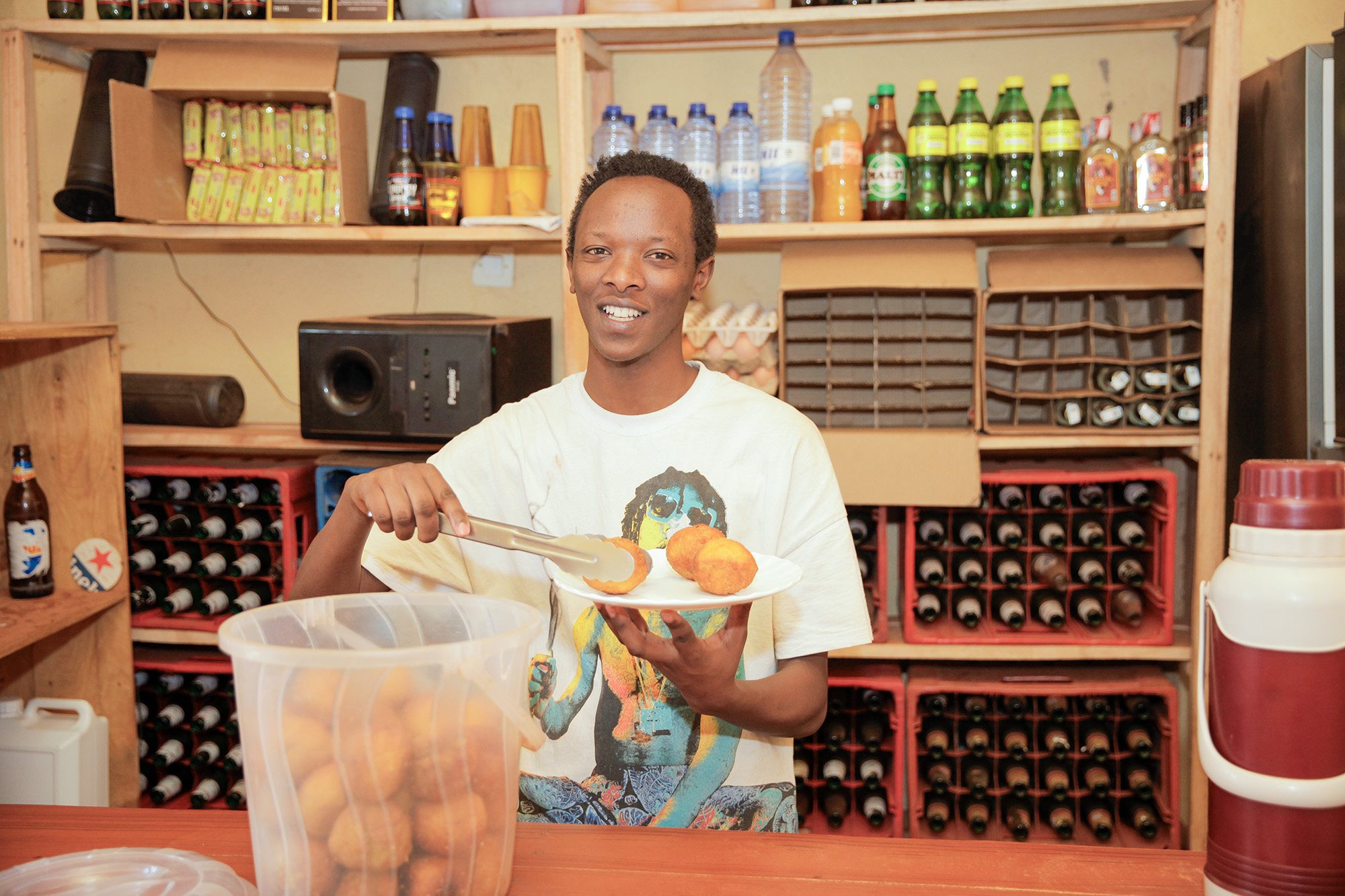
Life has never been easy for Umuraza in Mugombwa refugee camp. He fled there at just 10 years old with his family, relying solely on humanitarian aid to survive. Despite earning his secondary school degree, employment remained elusive – until the FREE project supported him in acquiring technical skills. Today, he uses those skills to run his own business, transforming his life from dependency to self-reliance.
Growing More Than Food: A mother’s nutrition journey
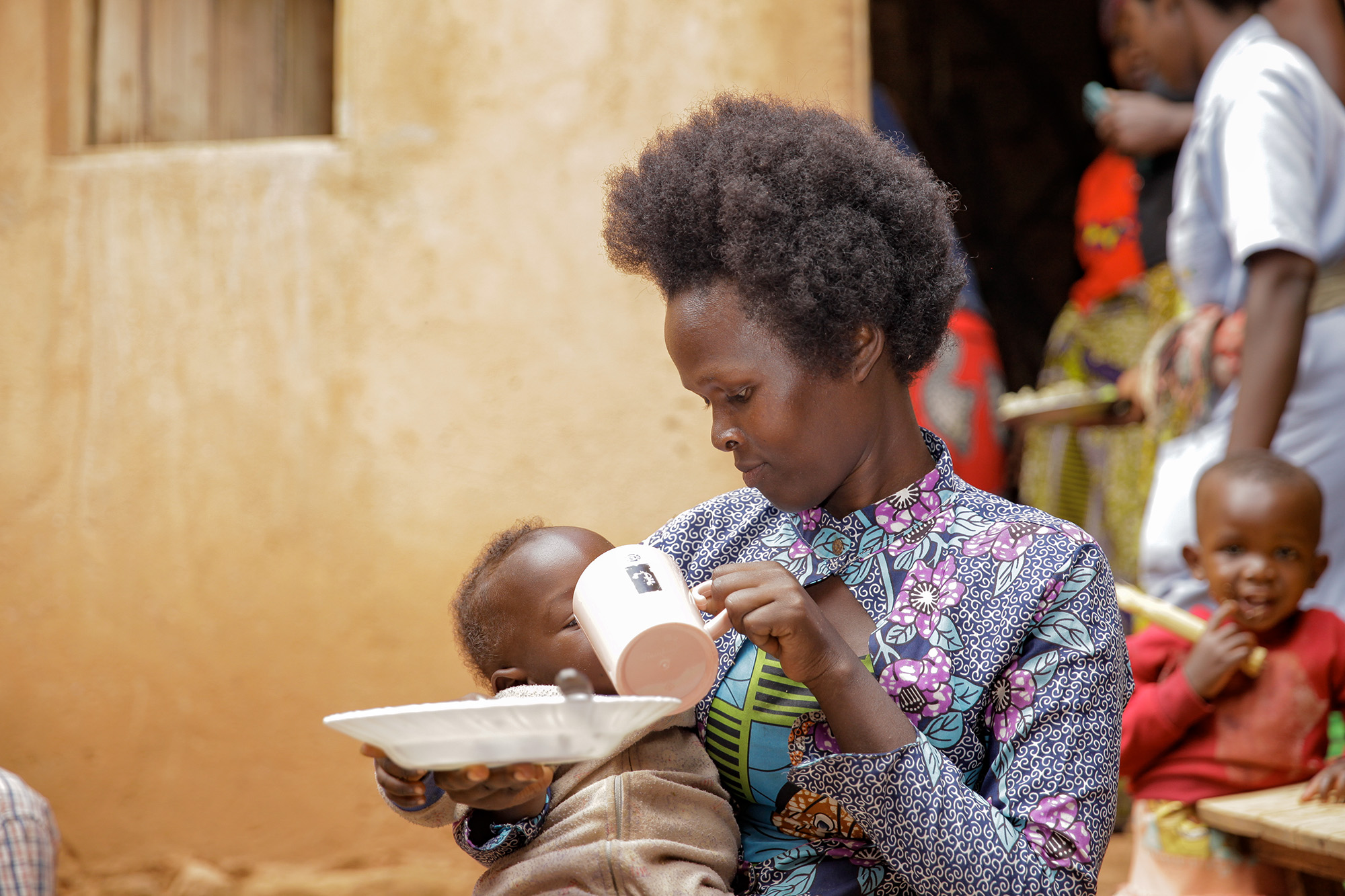
Meet Mutuyimana Jacqueline from the rolling hills of Gicumbi district’s Mutete sector. As a young mother with a one-year-old child, she once struggled with the seemingly insurmountable challenge of providing proper nutrition. Like many rural mothers, Jacqueline’s understanding of nutrition was limited. Meals were simple and repetitive, typically consisting of sweet potatoes, manioc and whatever local crops were available. The Kungahara project was launched in 2024 to help adress the knowledge gap.
Addressing Uncertainties to Empower Young Women: A GEWEP III Story
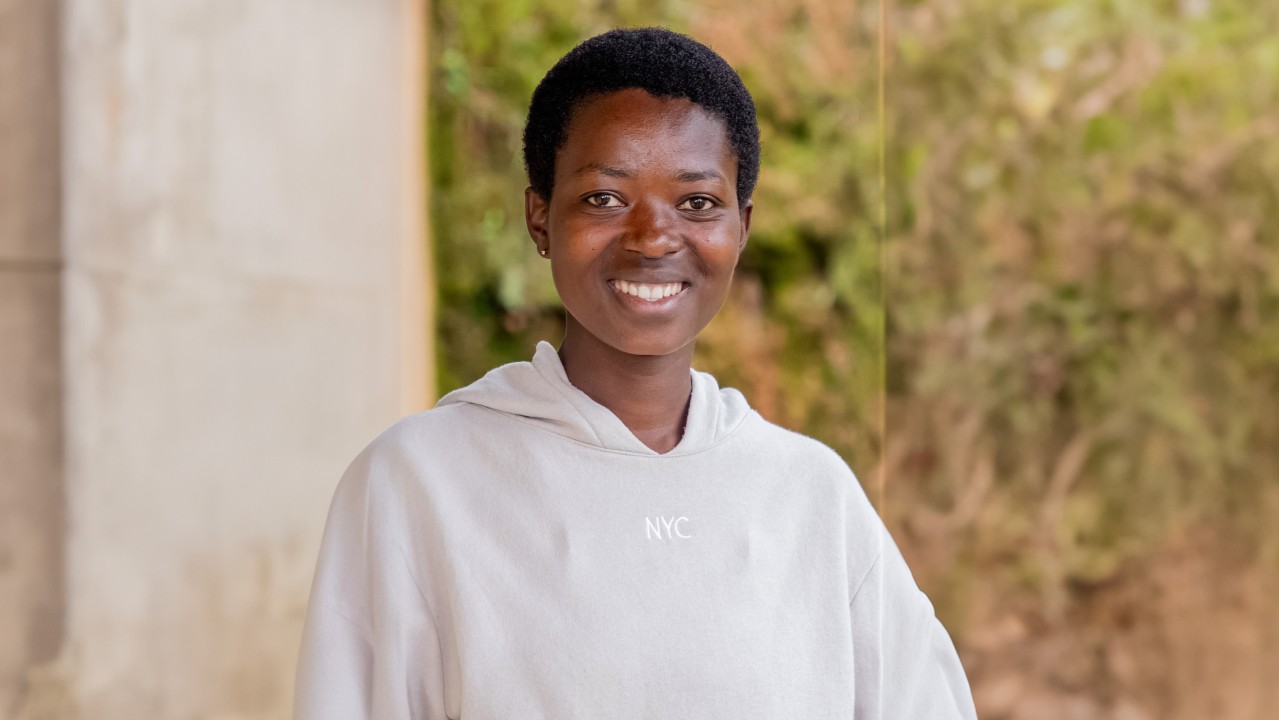
Angelique Benimana, who is 19 years old lives in Tare sector of Nyamagabe district in the Southern province of Rwanda. She had just completed her senior two studies when life took its turn and she could not continue her education.
From Subsistence to Success: Supporting a farmer’s dreams
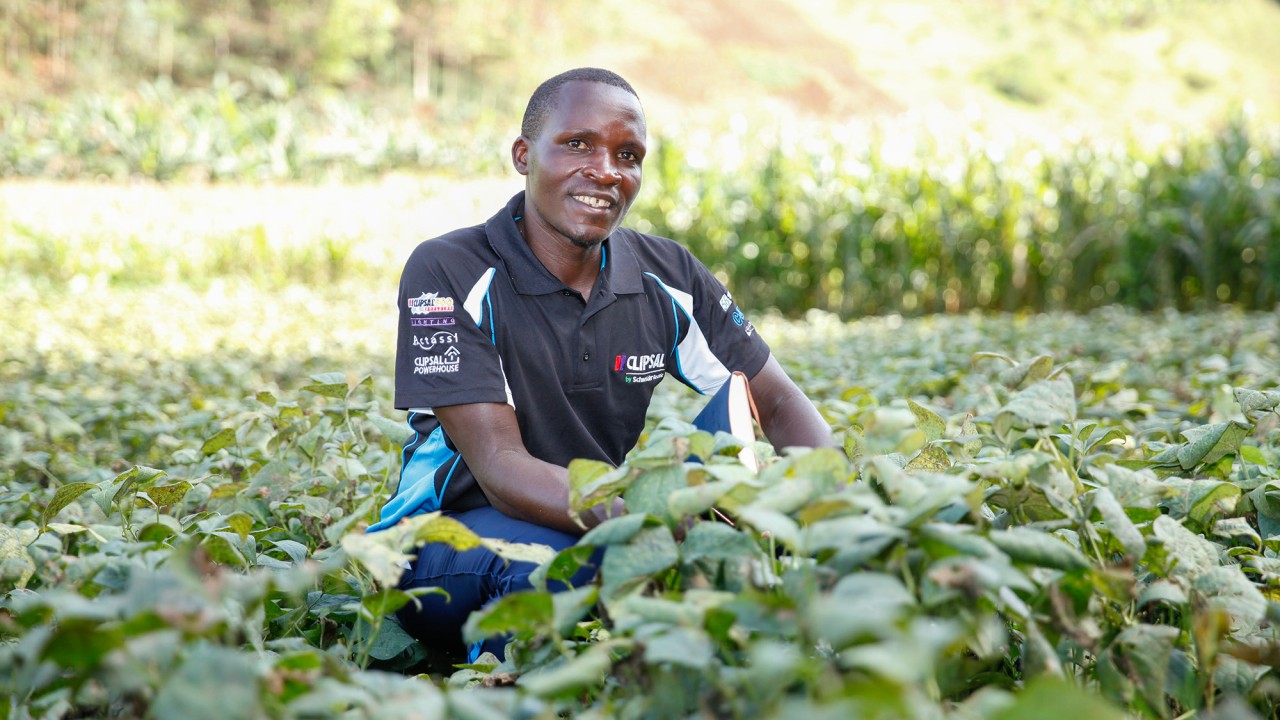
Nsabimana Jean Marie Vianney was like many in his community – a subsistence farmer who didn’t see agriculture as a viable profession. To make ends meet, he worked as a seasonal bricklayer and took on other various odd jobs. His agricultural efforts remained unstructured and unprofitable, trapping him in a cycle of subsistence living with little opportunity for growth.
Helping adolescents harness their potential: Assinata’s journey.
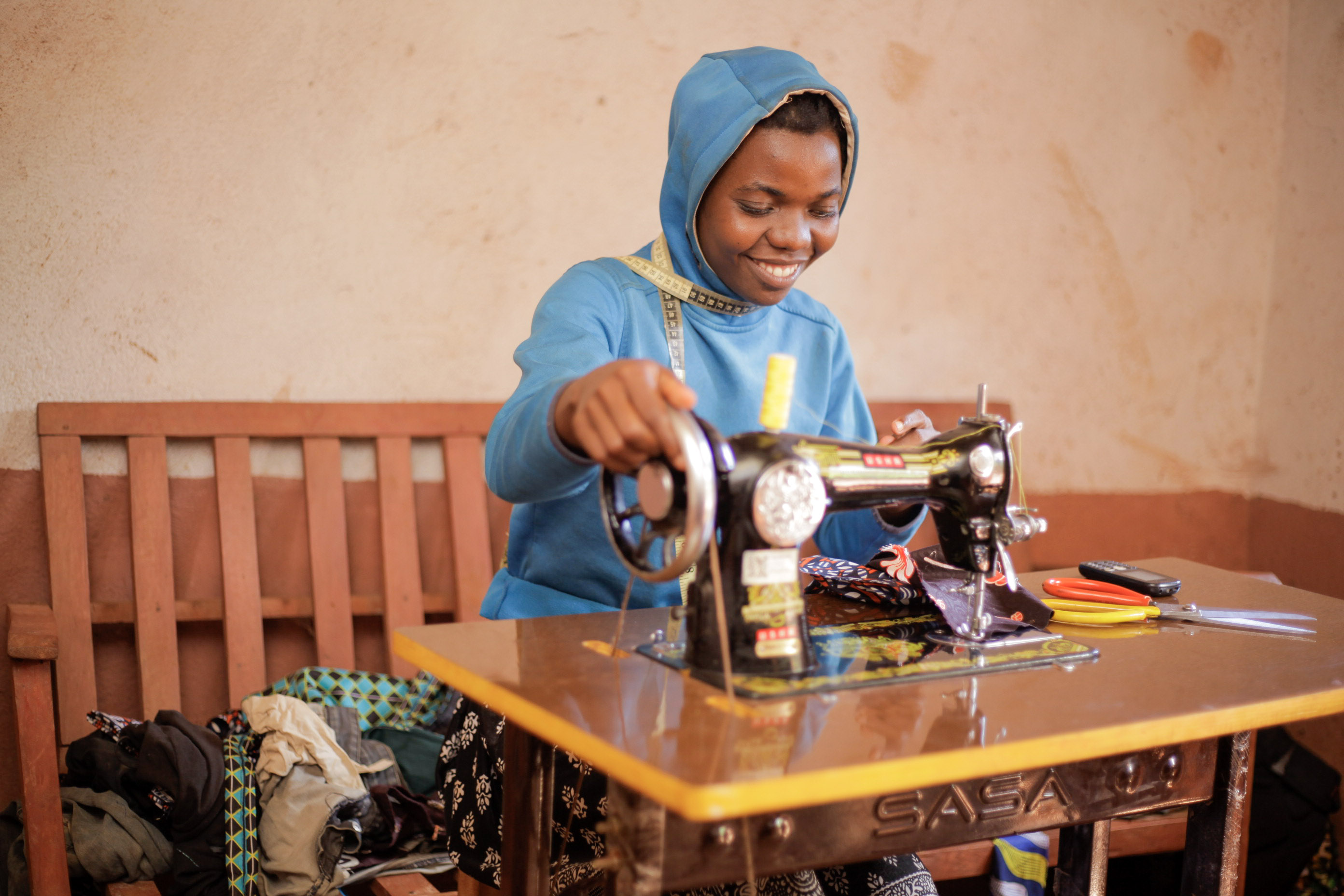
At 13, Assinata dropped out of school, ostensibly to handle household chores after her elder sisters married. However, the real reason was her giving in to peer pressure to escape her home and go to look for a job as a house girl. Through GEWEP III, CARE Rwanda and partners have helped her to reconnect with her family and also help her with saving skills, supporting her for self sustainance.
Investing in Home-Grown Solutions: SERVE Project Awards 286M RWF to Youth Agricultural Innovators
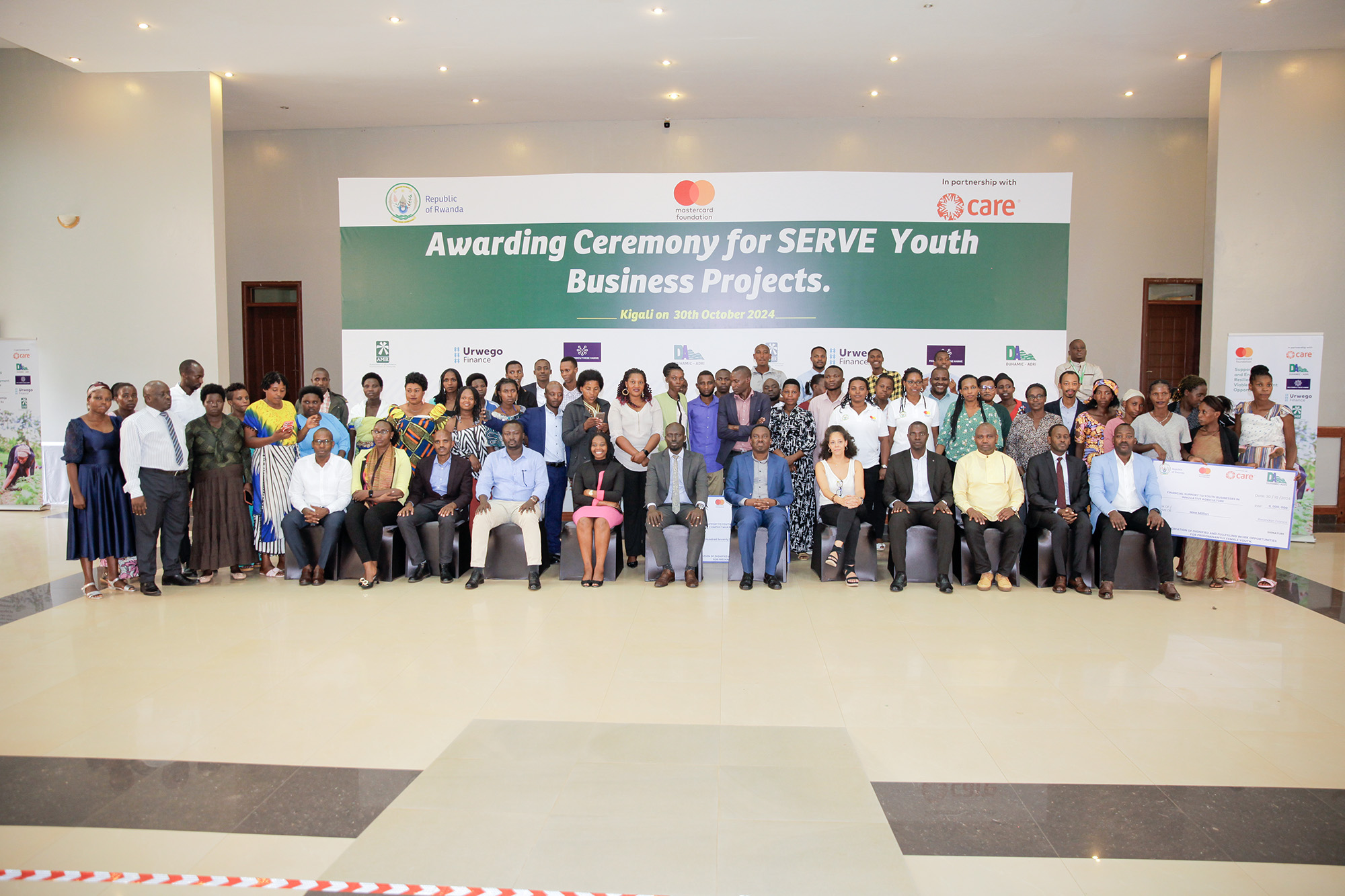
The SERVE Project awarded strategic grants to youth-led enterprises, focusing on innovations and home-grown solutions. The competitive program received 475 applications across four funding categories and distributed 286,000,000 Rwandan Francs among 47 selected businesses to drive sustainable agricultural business development and enhance resilience in the sector.

